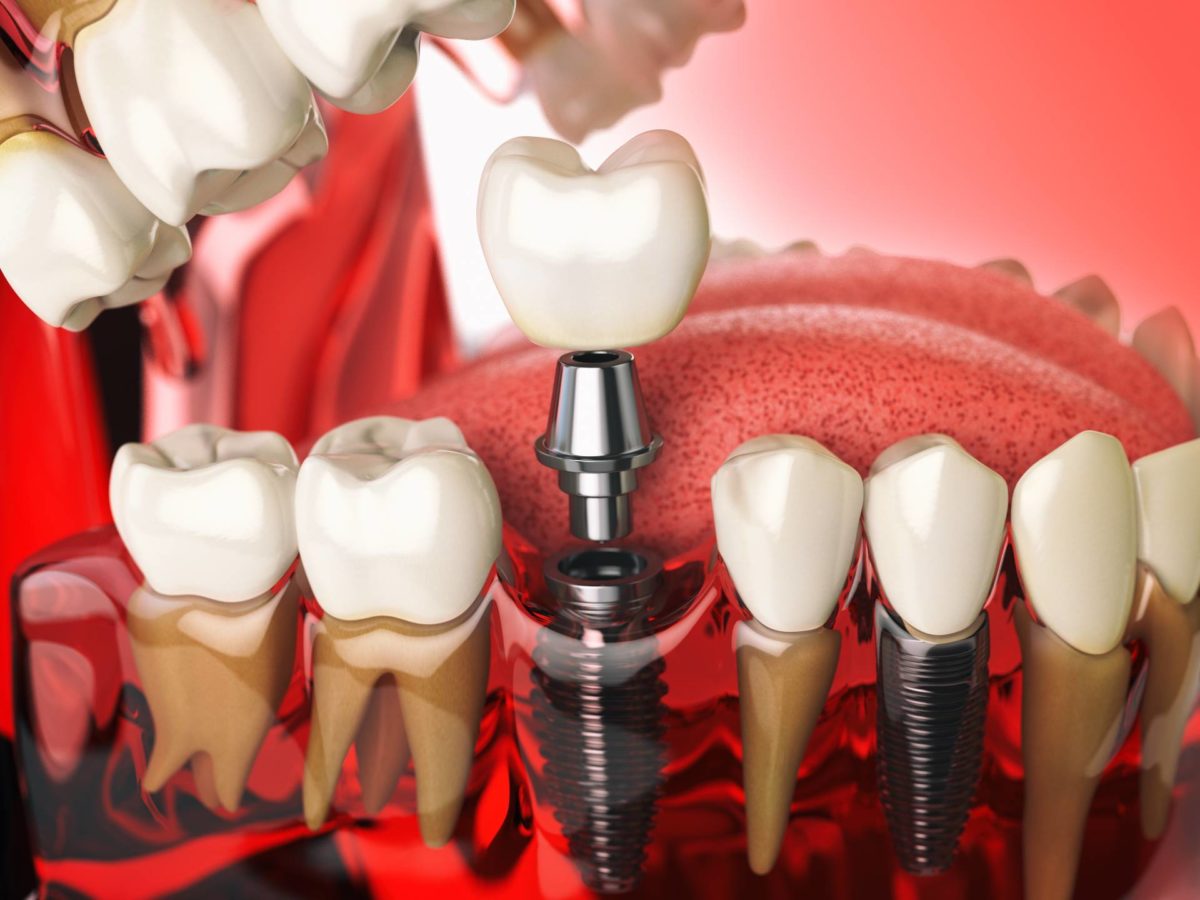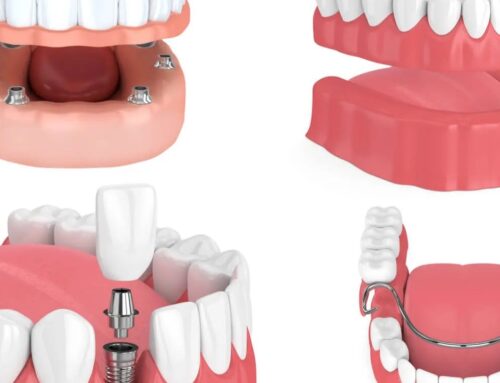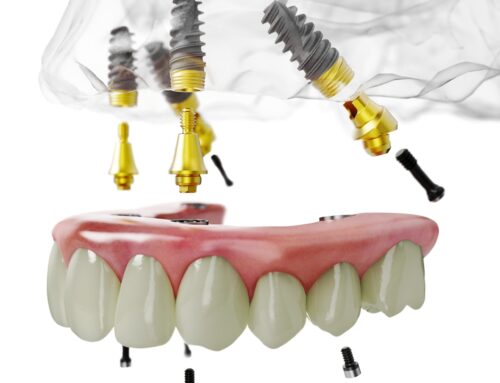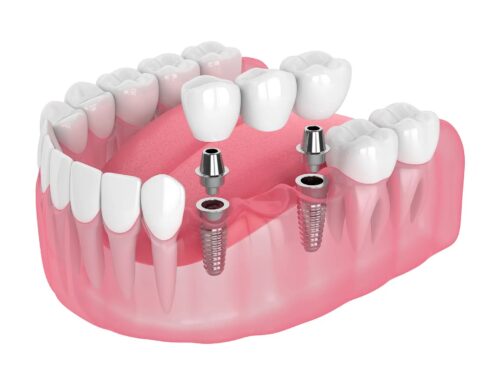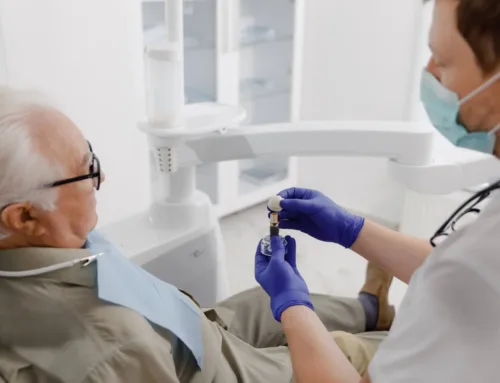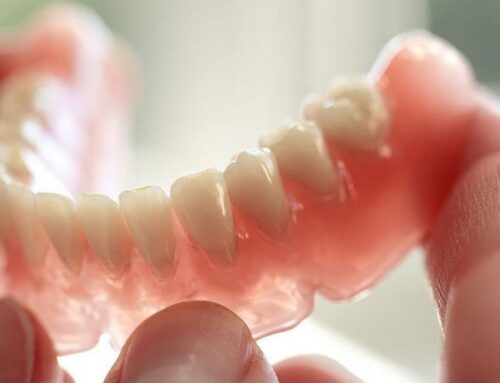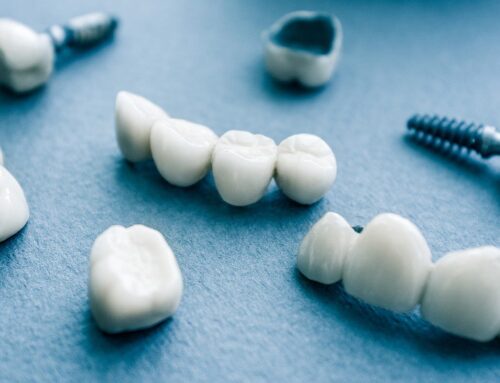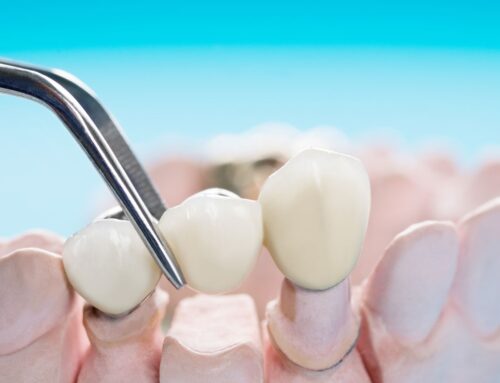Start to Finish – What to Expect from A Dental Implant Procedure
Dental implants are a proven way to help a patient overcome the multitude of issues associated with missing, lost or damaged teeth. For patients in this situation, dental implants can vastly improve both their oral health and their quality of life.
While dental implants are a safe, permanent solution to missing teeth, a patient should still have a clear understanding of what to expect from this procedure, including post-surgery care. This can alleviate any anxiety or fear they might experience.
To help demystify the process, let’s review what exactly dental implants are and their pros and cons. We’ll then explore the step-by-step process of how one is inserted into a patient’s jaw and what recovery typically looks like.
What is a Dental Implant?
A dental implant involves an artificial tooth being surgically inserted into a patient’s mouth. It is a common tactic employed by the dental community to replace missing or damaged adult teeth. For many patients, it is widely considered to be a positive alternative to dentures or extensive bridge work.
The benefit is that an implant offers strong support for new teeth without disrupting the placement or health of surrounding teeth. In fact, over the course of a few months, the bone will heal tightly around the implant, resulting in this artificial piece becoming part of the mouth and feeling completely natural over time.
A dental implant might be a good choice for you, if:
- You are missing one or more teeth.
- Your jawbone has reached full maturity and growth.
- Your oral tissue has been deemed healthy by your dentist.
- You do not have any condition that would impact a bone healing.
- You are unable to wear dentures.
- You strongly want to avoid wearing dentures.
- You do not smoke cigarettes.
- You are willing and able to commit to the process, which can take several months.
- You are looking to improve your speech.
All-on-4 Implants
Georgian Dental® offers All-On-4 implants. These revolutionary implants are a fast and simple solution that make replacing a full set of teeth a pain-free reality.
Patients can enjoy customizable and fixed dental bridges without having to endure a bone graft. Best of all, your teeth are good to go right after surgery, so you don’t have to worry about a long and arduous recovery period.
Pros and Cons
Dental implants can really help a patient improve their oral health. Here are some of the benefits:
- Dental implants can help you look and feel better.
- Many patients report feeling a higher level of self-esteem.
- They are a durable and permanent solution.
- They can improve one’s speech over time unlike dentures, which can slip and make speaking very difficult.
- They’re comfortable and don’t interfere with chewing and biting.
- They greatly contribute to an improvement in one’s oral and overall health.
Here are the known risks associated with this procedure:
- The implant site could become infected.
- It’s possible that blood vessels or other teeth could suffer some injury.
- Nerve damage is a possibility. This can cause pain or numbness in a patient’s natural teeth, gums, lips or even the chin area.
- In cases involving the upper jaw, it is possible to develop sinus problems if the implant protrudes into a sinus cavity.
Step-by-Step Process
The procedure for dental implants starts with an in-depth planning phase that could involve a range of specialists, including an oral and maxillofacial surgeon, a periodontist and a dentist with the expertise to build and fit artificial teeth. In certain cases, an ear, nose and throat specialist could be added to the mix.
The early phases include a comprehensive dental exam where 3-D X-rays and models of a patient’s teeth and jaw are taken, a thorough review of their medical history and crafting a customized treatment plan based on how many dental implants are needed.
Typically, this is an outpatient surgery and is performed in stages. The stages include:
- Removal of the damaged tooth
- Preparation of the jawbone and grafting if needed
- Placement of the implant
- Healing including bone growth
- Placement of abutment
- Placement of artificial tooth
How a dental implant procedure is executed depends on the type of implant the dentist has chosen, and the condition of the patient’s jaw. In more severe cases, this surgery might include several different procedures performed by other specialists.
The procedure for dental implants involves surgically attaching a metal frame to the jawbone. The next step is for a replacement tooth to be mounted to the frame, which will hold it securely in place and ensure that it doesn’t come loose or shift even the slightest.
Once the metal post or frame is inserted, osseointegration will start. This is where the jawbone joins the surface of the dental implant to form one cohesive unit. This can take up to six months but it provides an important and necessary base for the later stages of the procedure. Think of it as your gums developing new roots for your new tooth.
An important step is when an oral surgeon must place the abutment. This happens during the healing process when the abutment is screwed into the implant. In most cases, this is a minor procedure and the patient must only undergo a local anesthesia.
To insert the abutment:
- Your gums will be reopened to give access to the implant.
- The abutment is attached to the implant.
- The gum tissue is closed around the abutment.
After your gums have healed, impressions will be made of your mouth and teeth. These are required to design and mold the artificial tooth. The new tooth will be placed once your jawbone has regained enough strength to support it.
Post-Care
Regardless of the degree of severity for a dental implant surgery, you might experience:
- Slight bleeding
- Skin and gum bruising
- Minor pain at the implant site
- Swelling of face and gums
Not to worry, this is perfectly normal and will subside. You might require some pain medication and/or antibiotics. If you are concerned about a specific side effect or the swelling gets worse than contact your oral surgeon to book an appointment.
It’s recommended to only eat soft foods while your gums heal and until the stitches dissolve or are removed. You don’t want to do anything to extend your recovery period and you don’t want to suffer a setback.
Lastly, you will want to adopt the following habits:
- Adhere to a stringent oral hygiene routine for your implants. You should consider using an interdental brush that reaches between teeth.
- Regularly visit your dentist to ensure your artificial teeth are healthy and functioning as they should. You can also receive professional cleanings.
- Drop any bad habits like smoking tobacco and drinking too much caffeine. You will also want to avoid ice and hard candy.
Another key piece of advice is to get treatment if you grind your teeth. This can be damaging to dental implants.
Need a Dental Implant?
As Barrie Dentists, we’re happy to sit down with you to answer any questions about dental implants you might have and to ensure you are comfortable with the preparation, surgery and post-care process.
Contact us to book your free, no obligation appointment so we can replace your damaged or missing teeth (or a single tooth) with a dental implant.
Appointment Request
If you’re interested in any of our procedures, and would like to meet with one of our dentists to discuss options, costs and get additional information, complete this short form and we’ll give you a call to arrange for a no-obligation appointment at our Barrie clinic.
